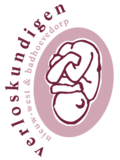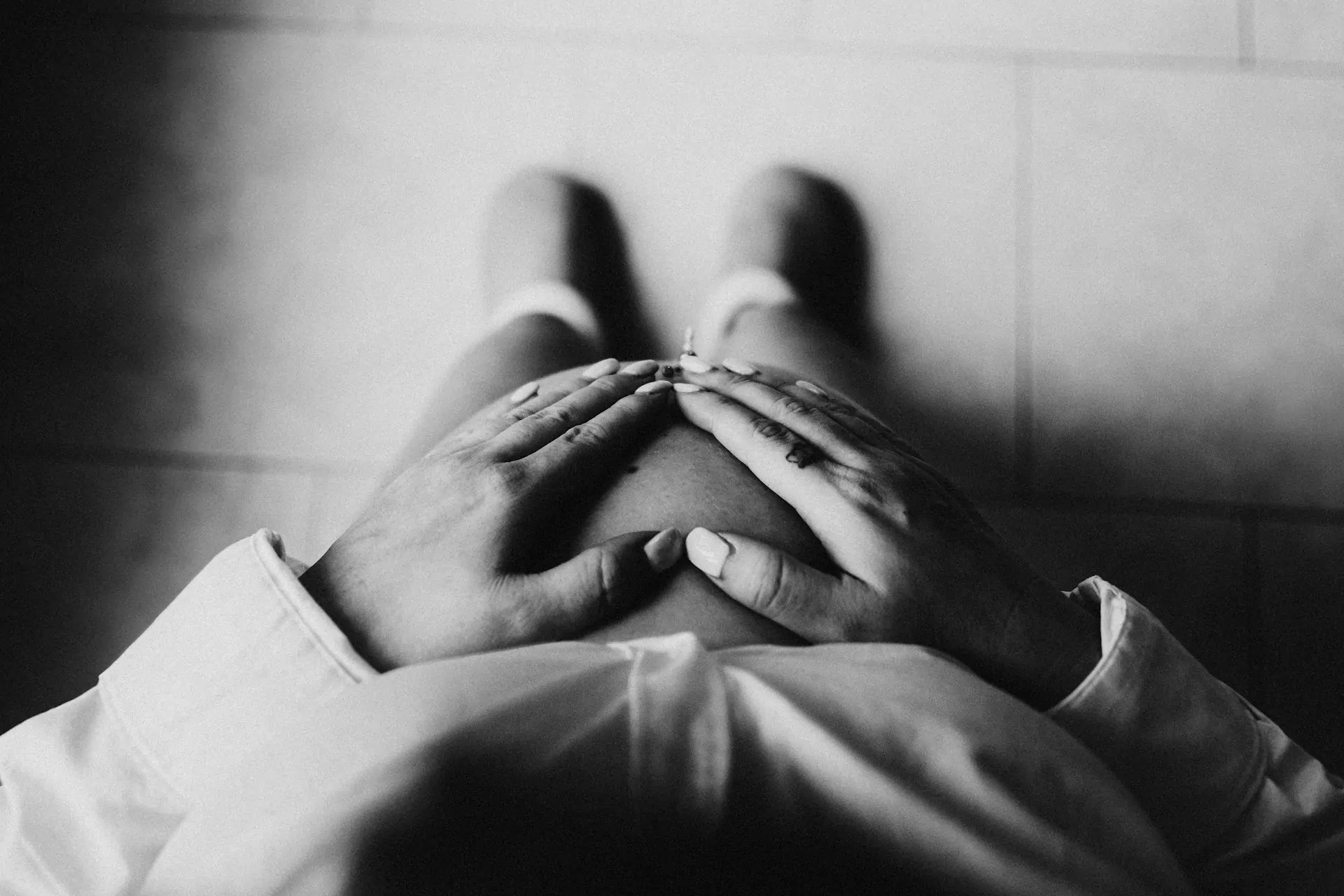The birth is over, and now that you're home, the postpartum period may feel different than expected—especially if it's your first child. Know that the idea of being on cloud nine is a myth. While you may feel happy and in love with your baby, you are also tired and recovering. Hormone levels drop quickly in the first 48 hours after birth.
Be kind to yourself
Both physically and emotionally, a lot is changing. You and your baby are getting to know each other, and breastfeeding, in particular, can demand a lot of energy in the beginning. Take it easy, and don’t hesitate to postpone visits if you’re not feeling up to it.
Rest during the first weeks
The most important thing during the first two weeks is rest—for both your body and your mind. Expect to spend most of the time feeding your baby and taking naps. A newborn has a small stomach, so they need to be fed every 2-4 hours.
When does the maternity care assistant visit?
During the first week, the maternity care assistant will be there to support you. You'll be recovering physically and coming to terms with the fact that you now have a child—it’s an amazing but overwhelming time! The nights are often restless for the first six weeks, so you’ll be tired during the day. Make sure your fridge is stocked, and if friends ask how they can help, ask them to do groceries or cook meals.
How does the first week go? | Useful information (in Dutch) |




